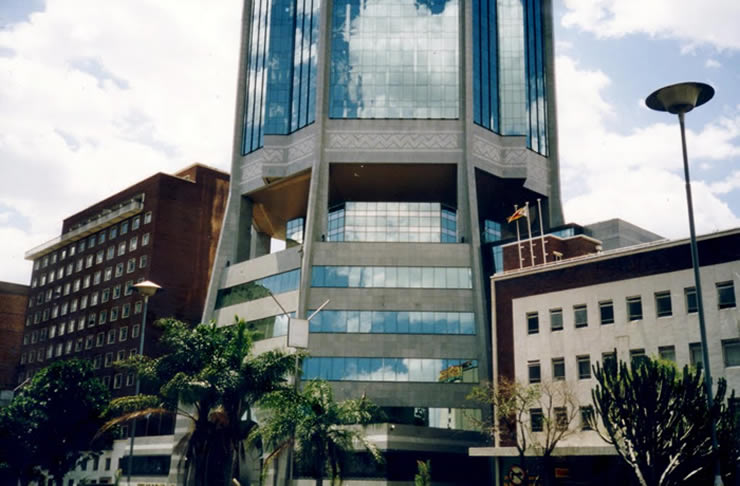
The Sunday Mail

Edmore Ndudzo
President Emmerson Mnangagwa should be congratulated for hitting the ground running by extending an amnesty for repatriation of foreign currency and other assets illegally siphoned out of Zimbabwe.
It appears the Reserve Bank of Zimbabwe already has fair knowledge of the culprits.
On June 24, 2017, Finance Minister Patrick Chinamasa confirmed as much in Parliament, saying: “Some of (the) challenges we are facing today are a result of externalisation. In this respect, we are in touch now with authorities in countries where our money is being externalised to. So, sooner or later, we should have information on who is externalising our money.”
The fact that the characters are known means there is a fair chance of getting most of the externalised money back.
In my view, no impediments would stand in the way if the amnesty were extended to foreign currency or related assets illegally siphoned out of the country even two decades ago.
Around 2000, a respected international institution conducted a study to determine the foreign currency and assets held outside Zimbabwe.
The study revealed that there was about US$2 billion in South Africa, US$1 billion in the United States, US$2 billion in the United Kingdom, and US$1 billion in the rest of Europe.
Australia, Canada, Japan and New Zealand were said to have lesser, though still significant, balances.
These amounts stemmed mainly from grossly understated mineral and tobacco exports, under-invoicing of the same, non-repatriation of export receipts, gold smuggling, overstating imports and under-declaring values of platinum by-products.
After adoption of the multi-currency system in 2009, illicit capital outflows gathered momentum, with gold smuggling continuing almost unimpeded.
Massive capital outflows have also been occurring reportedly via formal banking channels through to liberalised economies like Botswana and Mauritius.
South Africa’s ex-President Thabo Mbeki estimates that Africa loses roughly US$50 billion annually through illicit financial flows.
And given its rich, diverse mineral resource base, Zimbabwe is a big loser in the scheme of things.
According to the RBZ, Zimbabwe lost nearly US$2 billion through illicit financial flows in 2015; US$684 million of which was externalised by individuals through “donations, investments and account transfers”.
The balance was externalised by corporates under the guise of export sales proceeds; and highly-inflated management, technical and professional fees.
The RBZ estimates might actually be understated considering how some people externalised physical cash.
As President Mnangagwa aggressively moves to revive the economy, attention should also be directed to enhancing confidence in the financial services sector and improving the business environment.
The Bankers’ Association of Zimbabwe says huge sums held by Zimbabweans in foreign banks could indicate low confidence in the domestic banking system.
BAZ president Dr Charity Jinya recently revealed that Zimbabweans have US$940 million in banks outside the country.
It is, therefore, imperative for Government to make the local financial services sector attractive to depositors.
It should be noted that success of President Mnangagwa’s amnesty will resolve liquidity constraints. Prices will likely drop; this also arising from the decline in rand value in South Africa.
And guess what? We can even settle a substantial portion of our US$10 billion foreign debt.
Remember, we have already cleared our arrears with the IMF through instrumentality and use of Special Drawing Rights.
Sources that can provide finance at competitive interest rates and on acceptable terms include the China Export-Import, China Investment, Asia Investment and Brics banks.
We have cordial geo-political relations with much of the world as it is now dominated by Brics nations.
The future of Zimbabwe looks bright, and that should be stated without hesitation or apology.
Those tasked to participate in re-engagement should appreciate that they will be negotiating from a position of strength and should, therefore, not let our nation down by being needlessly submissive, imprudent and unstrategic in the proposed negotiations.
What with our grain silos at over 1,4 million tonnes of maize, enough maize to feed the nation for a full year in the event of any natural disaster?
To cap it all, Zimbabwe has the option of financial and other assistance from the East on better terms and conditions.
God bless our Zimbabwe.
Edmore Ndudzo was the City of Harare’s first black Treasurer, and Lead Consultant in crafting the Public Finance Management Act of Zimbabwe (2009). He writes in his personal capacity, for and in the public interest



